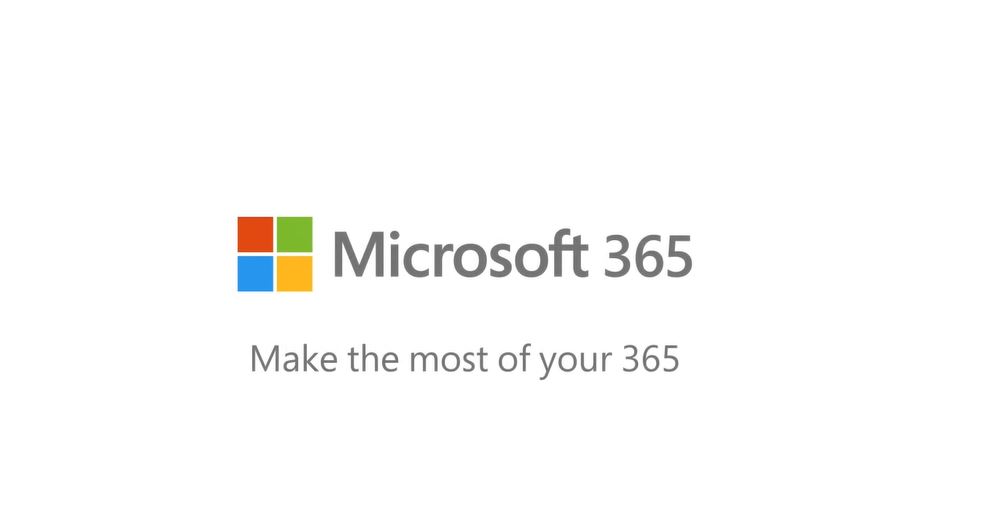Since its introduction to the curriculum only a generation ago, ICT has changed beyond all recognition, continually evolving to keep ahead of breakneck technological shifts in everyday life. For today’s parents, ICT was perhaps a fortnightly lesson crowded around a monitor; but for their young children, computers are far more than a subject or a tool – they are a cross-educational resource and a cornerstone of learning.
ICT has become a facet of just about every subject taught – and the interconnected array of devices contained within any primary school brings incredible scope for learning and empowers teachers to deliver engaging, innovative lessons. The fact that children are now introduced to these technologies long before starting school – and in many cases know more about them than their parents – does not render ICT less important. In fact, it makes it more relevant than ever.
Why’s important to include ICT in early year education?
Computers might be able to deliver and store endless data and information, but their most crucial role in early years education is not as an upgrade on encyclopaedias or exercise books. They are the key to children understanding and living with the interconnectivity of our world. By developing both a thorough knowledge of computers and a healthy attitude towards them from an early age, children can be set up for a lifetime of positive computer usage.
As the guinea pigs of the smartphone and social media era, our own generation has been particularly susceptible to computer addiction, but today’s young children stand a better chance of balancing their lifestyles. Effective ICT learning lifts the bonnet on computers and and helps demonstrate what they are – machines. In an age where toddlers know their way around a tablet before the age of two and parents turn constantly to the internet to answer their questions, ICT is more important than ever to prevent children from growing up thinking computers know best.
Reflecting the role of IT in a child’s future
Another key role of ICT in early years education is to accurately reflect the world outside a primary school’s walls. Computers are inextricably woven into the future that children will occupy, so positioning them at the heart of education is not only an obvious decision but a responsible one. However, a well-balanced early years education incorporates ICT without it supplanting more traditional learning methods – there is a clear value in children learning to read from books and write on paper. The earlier they understand that digital and analogue are not mutually exclusive, the better.
Developing key skills for life
The benefits of ICT in early years education go far beyond establishing the place of computers in day-to-day life. A growing proportion of fine motor skills can be developed using computer-based movements that require hand-eye coordination, such as moving a mouse around while following a cursor on a screen. At this early stage in a child’s development, there is a close two-way relationship between self-confidence and the acquisition of new skills. Learning any new skill will boost the child’s confidence in the school environment, while this confidence will in turn allow them to pick up basic ICT skills much more quickly.
Promoting the right attitude
It is also likely that a controlled and reasonable level of computer usage at school or pre-school will help maintain a child’s overall perspective on computers’ importance. If devices are contextualised as an educational aid and learning tool then they are less likely to be perceived as a toy, a gadget or a tool of self-distraction. This reduces the likelihood of children insisting on constant, unhealthy computer use at home or having an inability to engage with other forms of entertainment.
While ICT in early years education is necessary for establishing a measured approach, it is also an invaluable tool for promoting safe, responsible computer use. When devices are being used in a classroom setting – long before the internet has even been introduced – children should be encouraged to use them in groups. This can help to promote an open, collaborative approach and make them less likely to plug into devices as a way of shutting out their surroundings. It could reduce the risk of exposure to harmful content once internet usage is introduced.
Keeping early years ICT secure
Safe computer usage in ICT is rooted in a secure, reliable IT network. Cheeky Munkey’s IT support service for early years education can be tailored to the needs of your nursery, pre-school or primary school. We are experts in data security and online child safeguarding, and the well being of your pupils is at the centre of what we provide. With increasingly computer-literate children more likely to access harmful material online and a growing threat from cyber-attackers, the need for a robust IT system is greater than ever.
Offering 24/7 assistance and support for everything from day-to-day monitoring and maintenance to major projects, Cheeky Munkey’s award-winning experts are your IT department, always on hand to keep your network running safely. Contact us today to find out how our specialised early years education service could become the backbone of your ICT strategy.



 Previous
Previous







